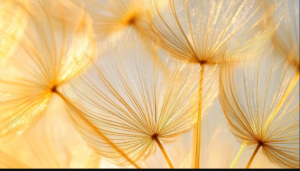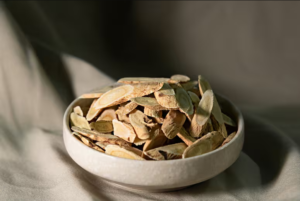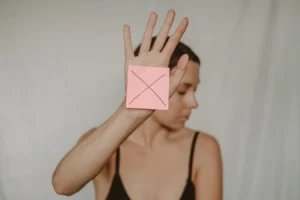The kidneys are two organs that are located under the ribs, one on each side of the spine. They are important because they remove waste and excess fluid from the body. The most common symptom that something is wrong with them, such as inflammation, is pain in the back area, and it can be caused by a kidney infection or a urinary tract infection.
The kidneys perform many functions in the body, such as filtering waste and excess water from the blood in the form of urine; removing acid produced by the body’s cells; and maintaining the balance of water, salts, and minerals in the body, according to the MSD Manual.
They are also responsible for filtering and removing waste produced during the processing of food, medicines, and harmful substances. They regulate blood pressure and the secretion of certain hormones.
“Each kidney is made up of about a million filtering units called nephrons. Each nephron includes a filter, called a glomerulus, and a tubule. Nephrons work through a two-step process: the glomerulus filters the blood, and the tubule returns needed substances to the blood and removes waste,” explains the National Institutes of Health (NIH) of the U.S. Department of Health and Human Services.
Why do kidneys hurt?
There may be several causes of kidney pain, such as a urinary tract infection caused by bacteria. In this case, pain may also occur when urinating.
Infections in the kidney itself, called pyelonephritis; kidney stones, kidney stones (stones in the urinary tract), and injuries to the area where these organs are located. Dehydration and kidney cancer also cause discomfort.
“Kidney pain is located in the back area, on the sides. It can be a pulsating pain, which worsens when we press on this area. It is common to confuse it with muscle pain, which can have very different causes,” says Danny Gómez, head of the hemodialysis service at the National Unit for Chronic Kidney Patient Care (UNAERC) in Escuintla.
The professional adds that kidney pain and muscle pain are very difficult to differentiate. However, it can be taken as a reference that the kidneys will hurt in the upper part of the back and the discomfort will appear gradually. While muscle pain will appear due to a blow or a bad movement.
Treatment
There is no specific treatment for kidney pain, as it will depend on the causes, so it is important to first distinguish between kidney pain and muscle pain.

Ideally, if you have back pain that lasts more than a day, you should see a doctor to determine the cause. The specialist may perform urine tests and imaging tests such as ultrasound or CT scans to determine the cause of your kidney pain.
How to relieve kidney pain
Kidney pain can be reduced by changing habits, such as eating a healthy diet and staying hydrated; and also by visiting the doctor regularly to use preventative medicine and identify any disease in its early stages and thus avoid complications.
Maria Jose Ovalle, a natural medicine therapist, and holistic health coach, recommends not taking painkillers when experiencing kidney pain, as the medication goes directly to the kidneys and can cause more severe problems (unless the drug is prescribed by a doctor); drink enough water, do not hold back the urge to urinate, do not consume coffee, sugar, and processed foods, and avoid eating spinach, nuts, beets, and fried foods.
Home remedies for kidney pain
With medical treatment, kidney pain can be reduced with home and natural remedies such as:
- Celery stick juice: drink a glass on an empty stomach for a week.
- Horsetail, garlic, birch, and dandelion tea: take twice a day for seven days. Ten grams per cup is recommended.
- Whiskey juice with two ounces of extra virgin olive oil: it is recommended to make it in a juice extractor and then mix the oil. Take it for seven days, on an empty stomach.
- Basil or turmeric tea: Drink it hot at night. Ideally, ten grams of either of these two plants per cup.
- Chamomile infusion compresses with apple cider vinegar: apply to the area, preferably warm, at night.
- Cranberry juice: drink it during the day.
- Pomegranate or red fruit juice: do not process it and consume it three times a day.
- Nettle tea: Use ten grams per cup. Drink it three times a day for seven days.
- Calendula tea: Use ten grams per cup. Drink it twice a day for seven days.
- Sarsaparilla tea: Use five grams per cup. Drink it three times a day for seven days.
- Corn silk tea: use ten grams per cup. Drink it three times a day, for seven days.























+ There are no comments
Add yours